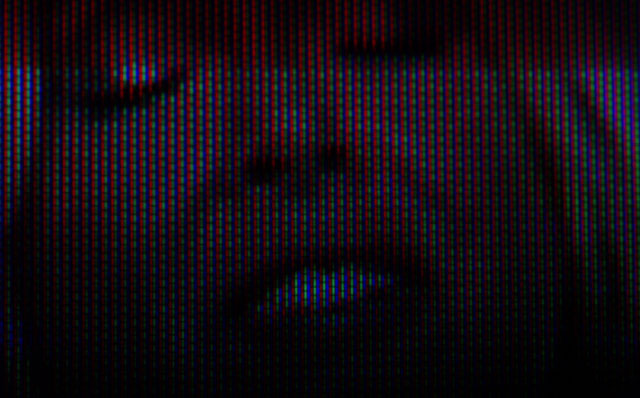
The Independent Communications Authority of South Africa (Icasa) has outlined the reasons it decided to allow the troubled pay-television operator On Digital Media to launch adult-themed channels on its TopTV platform.
Icasa gave TopTV the go-ahead to launch three channels — Private Spice, Desire TV and Playboy TV — in April. This followed an extensive public consultation process. The move was an about-turn for the regulator, which had previously turned down TopTV’s application.
Public hearings held in Johannesburg resulted in a number of representations by parties both for and opposed to the idea of TopTV being given the right to launch the channels. Conservative groups, including Doctors for Life, the African Christian Democratic Party and Africa Christian Action made arguments against Icasa giving the go-ahead.
In a reasons document published on Icasa’s website, the authority explains that it became apparent during the hearings that “certain legal and scientific questions were paramount in deciding whether or not to approve the channel authorisation.” These were, firstly, whether there is a law of general application that can be held to limit On Digital Media’s right to freedom of expression under the constitution and, secondly, whether there is a direct relationship between the dissemination of adult content and gender-based violence.
Icasa says in the document that section 16 of the constitution states that everyone has a right to freedom of expression, although section 36 provides that rights, including the freedom of expression, may be limited by a “law of general application” where this is reasonable and justifiable. However, neither the Electronic Communications Act nor the Broadcasting Act have provisions prohibiting the broadcasting of adult content.
Section 192 of the constitution requires Icasa to regulate broadcasting in the public interest and to ensure fairness and a diversity of views broadly representing South African society. “It is the authority’s view that ‘broadly representing South African society’ does not translate to only majority views of South Africans, but also the views of the minority in a democratic society.”
Icasa also considered whether there was a link between pornography and gender-based violence. It found that those opposed to TopTV’s application could not provide evidence to demonstrate a conclusive link between the two. TopTV, on the other hand, brought evidence to demonstrate there was no link.
It says reference was made at the hearings to research that analysed the negative impact porn may have on children. But, it says, even if that is correct, it has no legal basis under the constitution, the Icasa Act and the underlying statutes to refuse TopTV’s application.
Furthermore, TopTV demonstrated security measures to safeguard unnecessary exposure to children.
“The authority is of the view that there is no basis in law or research evidence to refuse [TopTV’s] application for authorisation of three adult pornographic channels,” the document says.
Those seeking recourse over the decision can either approach parliament to formulate a law of general application to prohibit the distribution of adult pornography, or they can monitor TopTV’s adult channels to determine whether the broadcaster is in compliance with the code of the Broadcasting Complaints Commission of South Africa. — (c) 2013 NewsCentral Media




